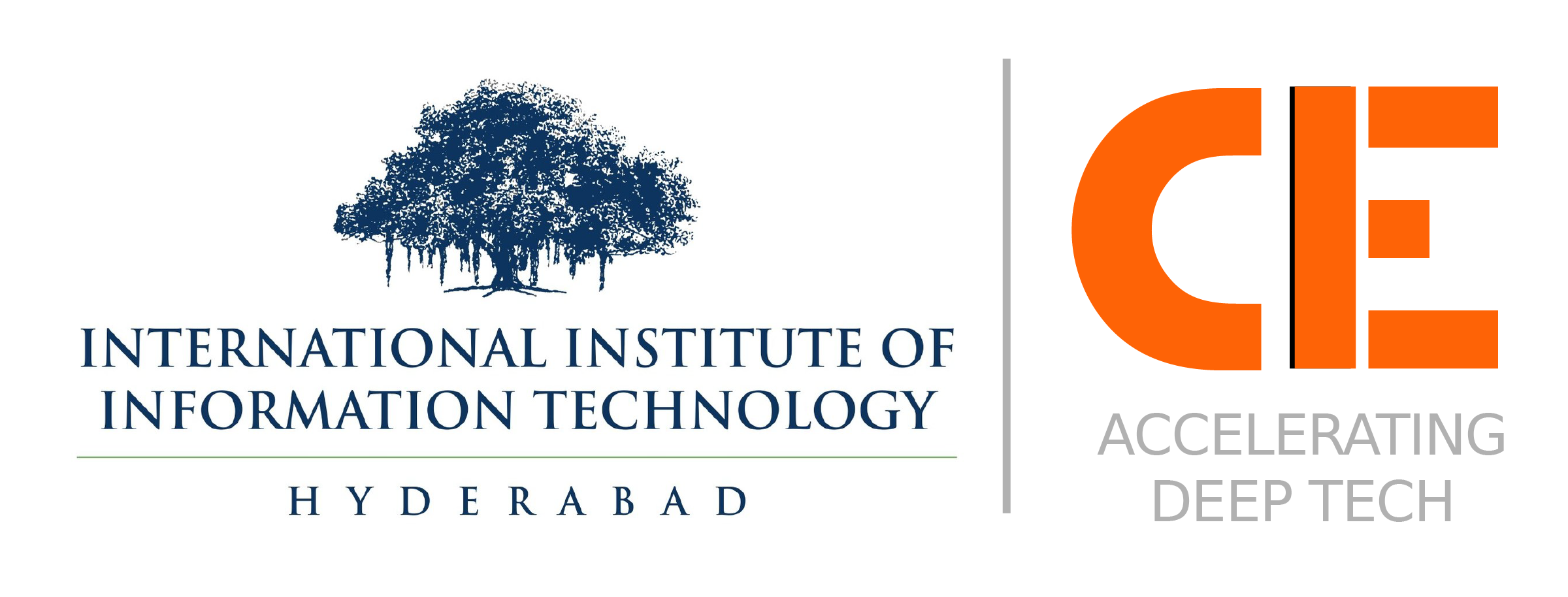CIE brings to our Deeptech community,
Fire Up Founder Insights series 7th edition, hosted by our COO, Mr. Ramesh Loganathan. The series is brought to you as a part of Startup Gyan Blog series by CIE-IIITH where we feature our founders and talk about their Startup status and the journey so far through conversation on specific topics useful for other Deeptech startups and the community at large.
In Conversation with Sravan, founder Spaikaven:
The journey for Spaikaven started back in 2018 with leveraging AI and Blockchain for hotels to develop solutions for non-OTA related sales channel while looking at integrating Customer retention and loyalty.
“The focus on offering services along with product is what helped us survive”
The Startup offered AI and Blockchain solution suite for business processes across industries such as Hospitality, EdTech, Real Estate and Enterprise solutions.
The Startup decided to pivot after a year-long survival and contemplation of the fact that they are not adding much value through their existing solutions. The team started to look for a market along the following pattern:
- Industry in initial stage, fragmented and where not a lot of impact is being made
- Areas with a lot of regulatory push in the market
- Target markets with minimal margin for advantage by big players
Going with these thumb rules, the team started to explore the E-rickshaw market with 400 EV manufacturers and 15 lakhs 3-wheelers growing every month at 15%. The market is considerably fragmented with no big player but many mid-size and niche players.
From E-rickshaws, the team also looked at the Battery management system (BMS) for these E-vehicles and found the near-perfect need for analytics in terms of battery charging and discharging cycles, life cycle and usage of batteries etc.
The pull for technology:
Customers from different segments; E-rickshaw, 2-wheelers or Cargos, have reservations in adopting the EV technology because of lack of trust in the technology being reliant as compared to IC engines tech, impression of higher initial cost and range anxiety – the anxiety that comes as a result of lesser mileage.
On account of these challenges the team followed an unconventional approach wherein the battery part of the vehicle and charging or battery swapping stations are owned by the Startup and the rest of the vehicle is owned by the delivery segment partners such as Zomato. The assets (batteries) are made available on a subscription basis.
The team is leveraging the data of the vehicles and batteries to create a lock-in for delivery partner for a defined period after which they can buy the vehicle, battery or could get a retail finance loan, hence creating a transaction.
The Growth Hack tip:
Keep surviving and pursuing your high value proposition goal as you never know when the time will turn in your favour.
Watch the complete interview for some cool anecdotes and fun facts!
Keep watching this space for more under Fire Up Series.
Stay safe and sound!
– Sunita Kumari, Team CIE


